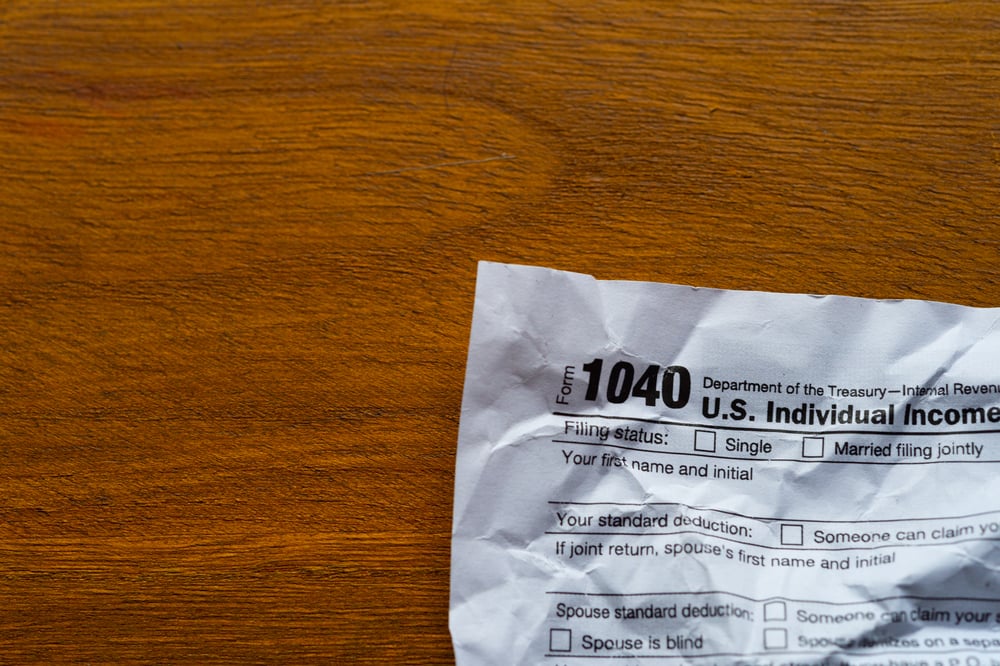
Every year, the IRS imposes tax penalties upon individuals and businesses. In most cases, these penalties are related to minor oversights such as failure to submit a tax return on time or a failure to pay a tax bill on time. In some cases, taxpayers may be subject to more than one penalty at a time, which can raise his or her tax liability substantially. One of the penalty relief provisions the IRS offers is called a first-time penalty abatement. While the agency is strict about imposing tax penalties where necessary, some first-time tax offenders may qualify for penalty reduction or removal under this arrangement.
What is a First-Time Penalty Abatement?
Put simply, a first-time tax penalty abatement is a one-time tax forgiveness for individuals who have never incurred a tax fine before. If the IRS determines that your case qualifies for a first-time penalty abatement, you may have your total tax penalty reduced to zero, which can make it far easier to pay your outstanding tax bill. The catch with the first-time penalty abatement is that taxpayers must meet certain conditions in order to qualify for the program
Do You Qualify for a First-Time Penalty Abatement?
The IRS only grants first-time penalty abatements under certain situations. These include exceptions for reasonable cause, IRS error, and administrative waivers. To qualify for the reasonable cause exception, you must have a legitimate reason for your failure to comply with IRS regulations. As an example, if you became seriously ill a week before the filing deadline and were unable to submit your return on time, then the IRS may consider you eligible for the reasonable cause exception.
The agency will also grant a penalty abatement if agents have made errors in calculating your liability that resulted in you owing additional tax. This happens very rarely, so you'll need to submit proof of the agency's mistake to have your claim approved. Many of the first-time penalty abatements are granted under the administrative waiver condition. If this is the first time that you've ever failed to follow federal tax regulations and you have a history of compliance in the past, the IRS may be willing to waive your penalty simply because this was your first one.
If you have recently incurred a tax penalty due to a minor oversight or miscalculation, you may be eligible for a first-time penalty abatement. While you can request the abatement on your own, you may find it best to consult an experienced tax advisor who can help you put together a convincing claim.




